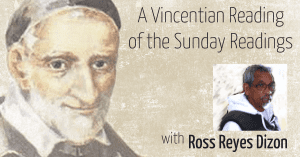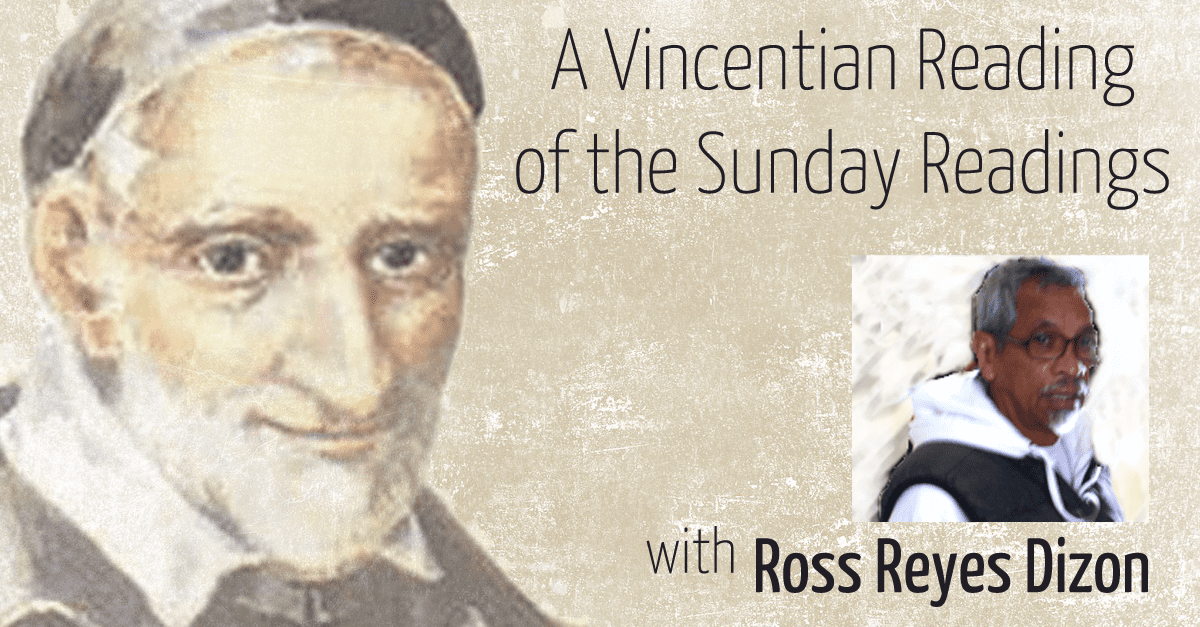Expectation that’s joyful and comforting
 Rejoice in the Lord always (Phil 4, 4)
Rejoice in the Lord always (Phil 4, 4)
Jesus is the Good News announced by his forerunner. Do we announce what John does?
It is not himself that he preaches. He proclaims what Jesus will proclaim later: “Repent, for the kingdom of God is at hand.”
Such proclamation piques the curiosity of those who, burdened because of the unbearable Roman yoke, are filled with expectation of the liberator Messiah. They wonder if John is not the awaited One of Israel.
But the Baptist does not want people coming away with a false expectation. It would be a mistake to even compare him to the Messiah.
John is not one of those who, to promote their ambitions and get to devour others’ assets, play on people’s expectation and fears, using sometimes as a pretext touching sermons that promise cheap indulgences, fast miracles and easy money. Some, like true predators, lie in wait for those who are more vulnerable because of their delicate condition—physical, mental or emotional—similar to what afflicts those with heightened expectation who tend to see and hear what they yearn to see and hear.
The Forerunner is instead like the one who comes after him, teaching justice and mercy: “Whoever has two cloaks should share with the person who has none”; “Stop collecting more than what is prescribed”; “Do not practice extortion.” Just like Jesus, he embodies the five virtues especially dear to St. Vincent de Paul; practicing mortification to the end, he will hand over his life out of faithfulness to the Good News.
Is this how we witness to Jesus? Does not our reaction to terrorism, curling up in our secure places, walled, if possible, and closed to refugees, reveal we have not yet passed from death to life? Are we not stuck still in self-preservation instinct, living by it, not by love?
Do we not base our observance purely on the letter, forgetting that “the letter kills, but the Spirit gives life?” Just like those of the true prophets, do our denunciations come with hopeful promises of renewal? Do we always look like someone who has just come back from a funeral, like “sourpusses,” (EG 10, 85) so that we conceal the joy of the Gospel?
Do we not turn the Eucharist into an escape mechanism? Is it because the miserable so poignantly reminds us of our own precarious condition that we like to remain participating in the Mass more than “leave God for God?” But the truth is that the Eucharist is the sacrament of the one who entered into our chaos to bring us light.
Lord, grant that we be the good and hopeful news for the downcast.
Third Sunday of Advent (C)
December 13, 2015
Zeph 3, 14-18a; Phil 4, 4-7; Lk 3, 10-18







0 Comments